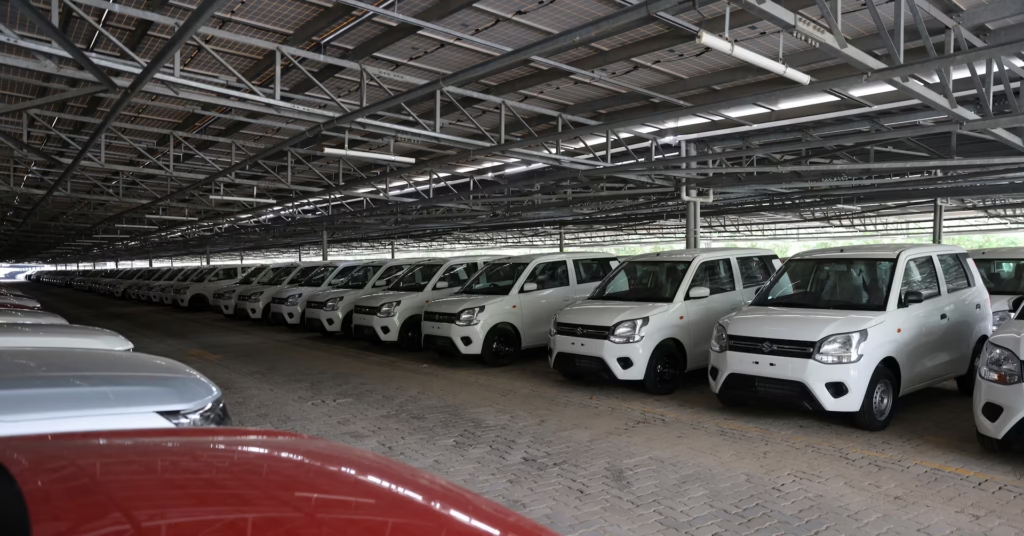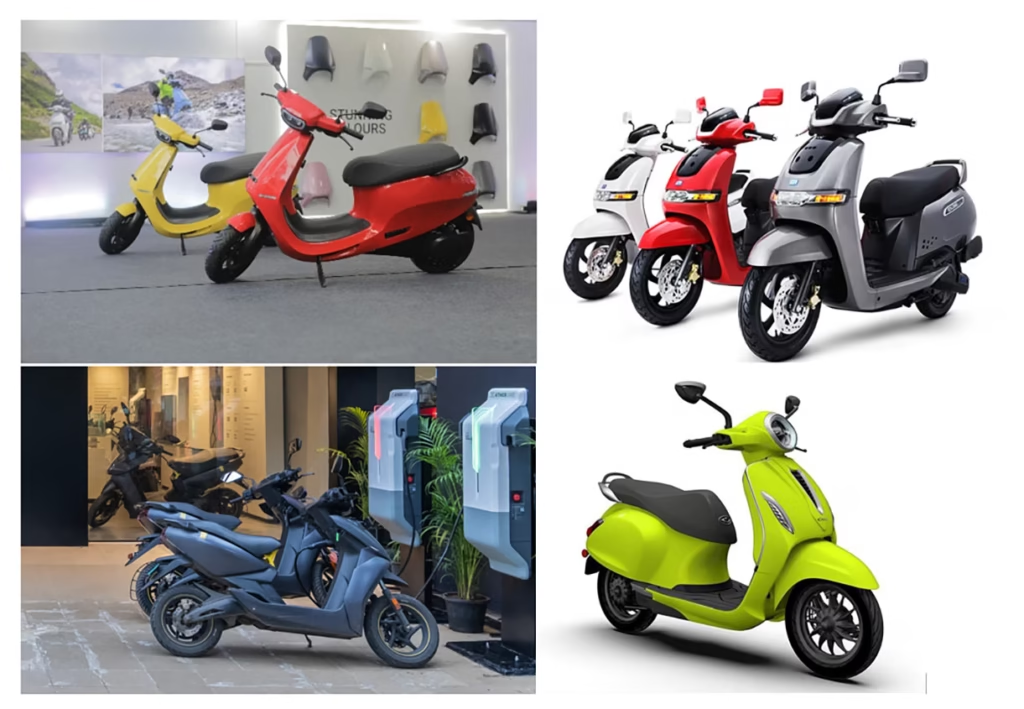Now Reading: Tesla Model Y Officially Launches in India, Eyes Growing Demand in Tier 2 Cities
-
01
Tesla Model Y Officially Launches in India, Eyes Growing Demand in Tier 2 Cities
Tesla Model Y Officially Launches in India, Eyes Growing Demand in Tier 2 Cities

Tesla has officially launched the Model Y in India, marking a significant moment in the country’s electric vehicle (EV) landscape. With India now the world’s third-largest car market, the timing is strategic. Tesla’s entry comes as the demand for cleaner mobility and modern tech-forward vehicles grows not just in metros but increasingly in Tier 2 cities as well.
Model Y Launch: What It Means
The Model Y is positioned as Tesla’s most accessible SUV. Known for its minimalist design, large touchscreen interface, and strong performance, the car is expected to appeal to India’s rising middle and upper-middle class. While its pricing is still out of reach for most, the brand presence alone is expected to shake up the EV sector.
Early bookings have already opened in key metro cities like Mumbai, Delhi, and Bengaluru, but Tesla is also testing interest in cities like Indore, Nagpur, Jaipur, and Kochi, where aspirational buyers are closely watching the premium EV space.
Challenges in India’s EV Transition
India’s charging infrastructure still lags far behind what’s needed to support large-scale EV adoption. Even with government incentives and state subsidies, EV penetration remains low outside major cities. Tesla will have to deal with patchy charging stations, high import duties, and varied consumer expectations.
That said, Tier 2 and Tier 3 cities are seeing a slow but growing shift. Local players like Tata and Mahindra have laid the groundwork with their more affordable EVs. Tesla’s entry may help accelerate the rollout of better infrastructure, especially if the company decides to partner locally for manufacturing or charging networks.
Why Tier 2 Cities Matter
For Tesla, India isn’t just about elite buyers in metro cities. There’s a growing class of tech-savvy entrepreneurs, professionals, and aspirational consumers in smaller cities who are ready to invest in premium brands. These are places where luxury showrooms, high-end real estate, and global tech adoption have already set the stage.
Tesla’s expansion strategy could tap into this wave—especially if it begins localized production and manages to bring down pricing over time. Interest in electric mobility is strong in cities like Surat, Ludhiana, Raipur, and Vishakhapatnam, where EV awareness is high but options are limited.
Conclusion
The launch of Tesla Model Y in India isn’t just a corporate move—it reflects a shift in how Indians are thinking about mobility, technology, and sustainability. While affordability and infrastructure remain concerns, the brand’s arrival sends a strong message. For now, it’s a luxury product, but over time, it could help push EVs into the mainstream, even in cities far from India’s traditional auto hubs.

























